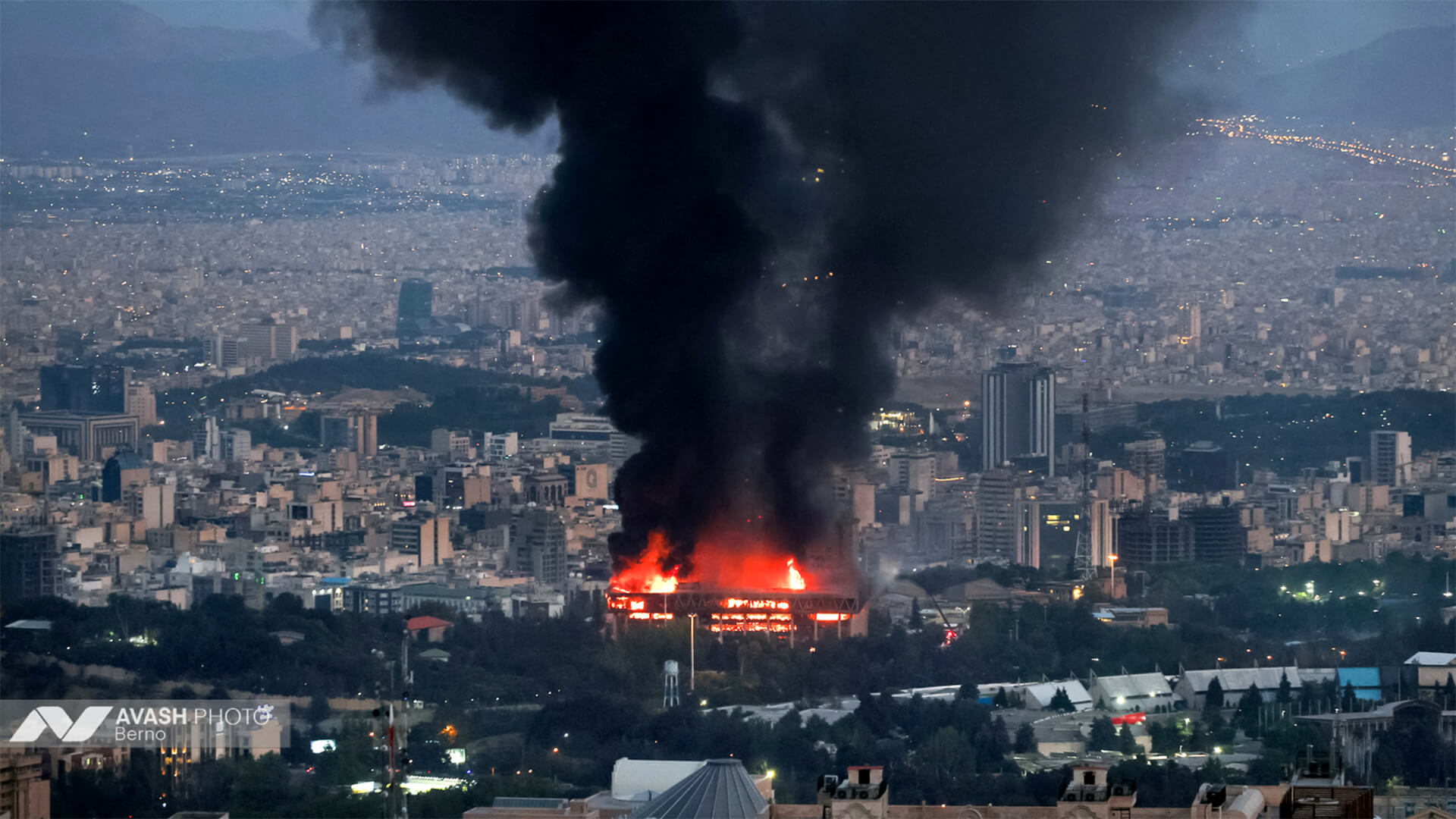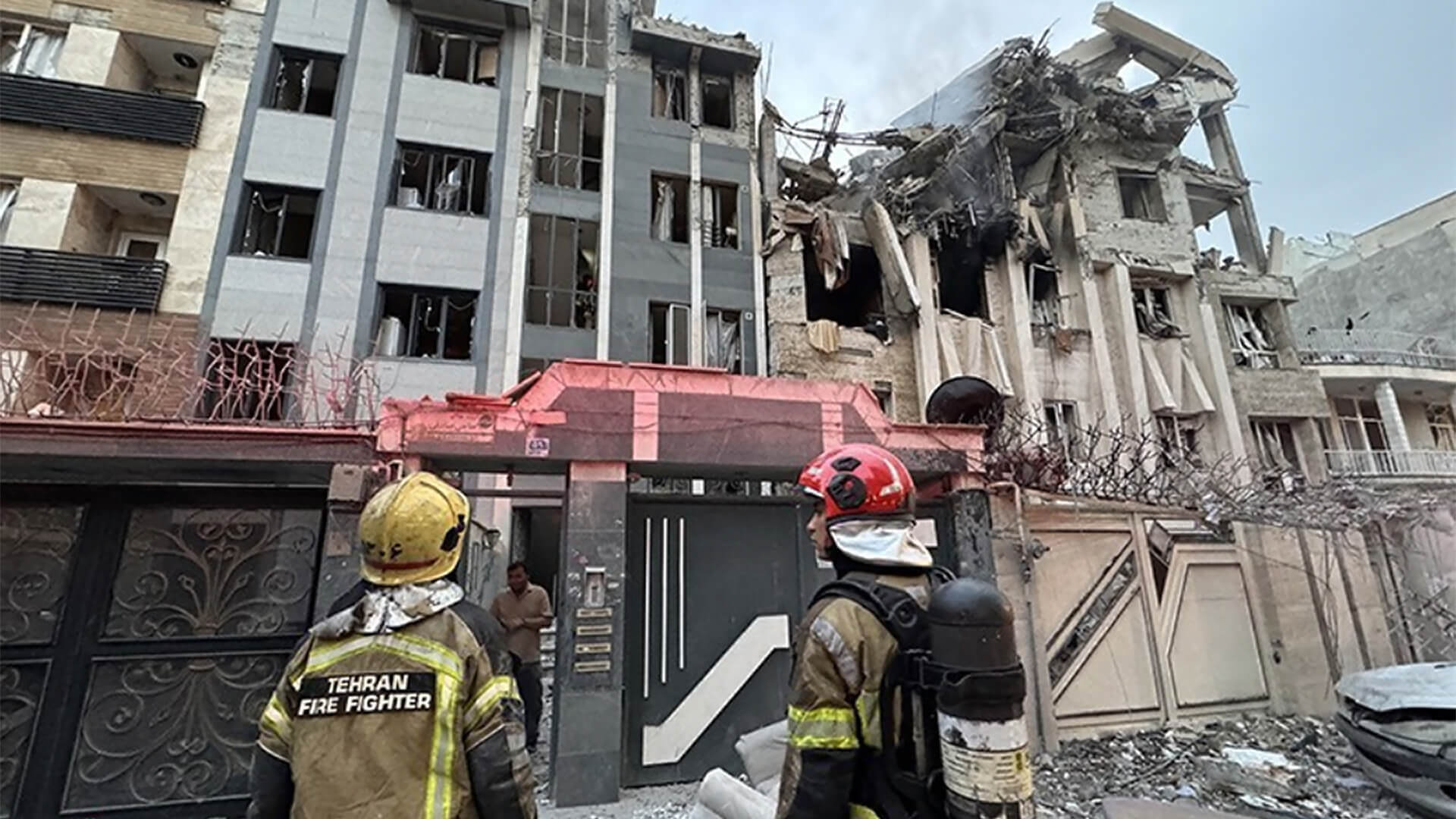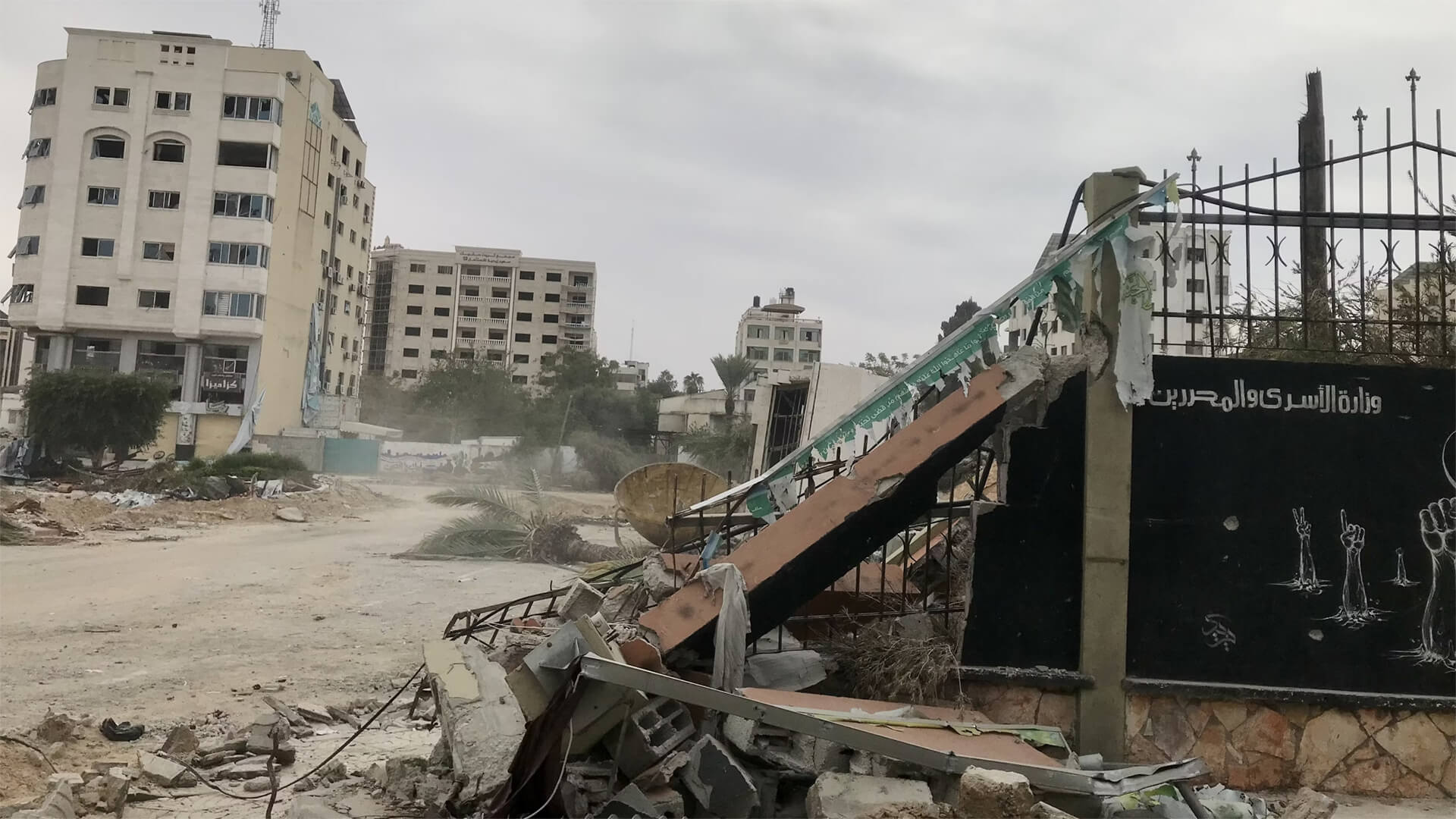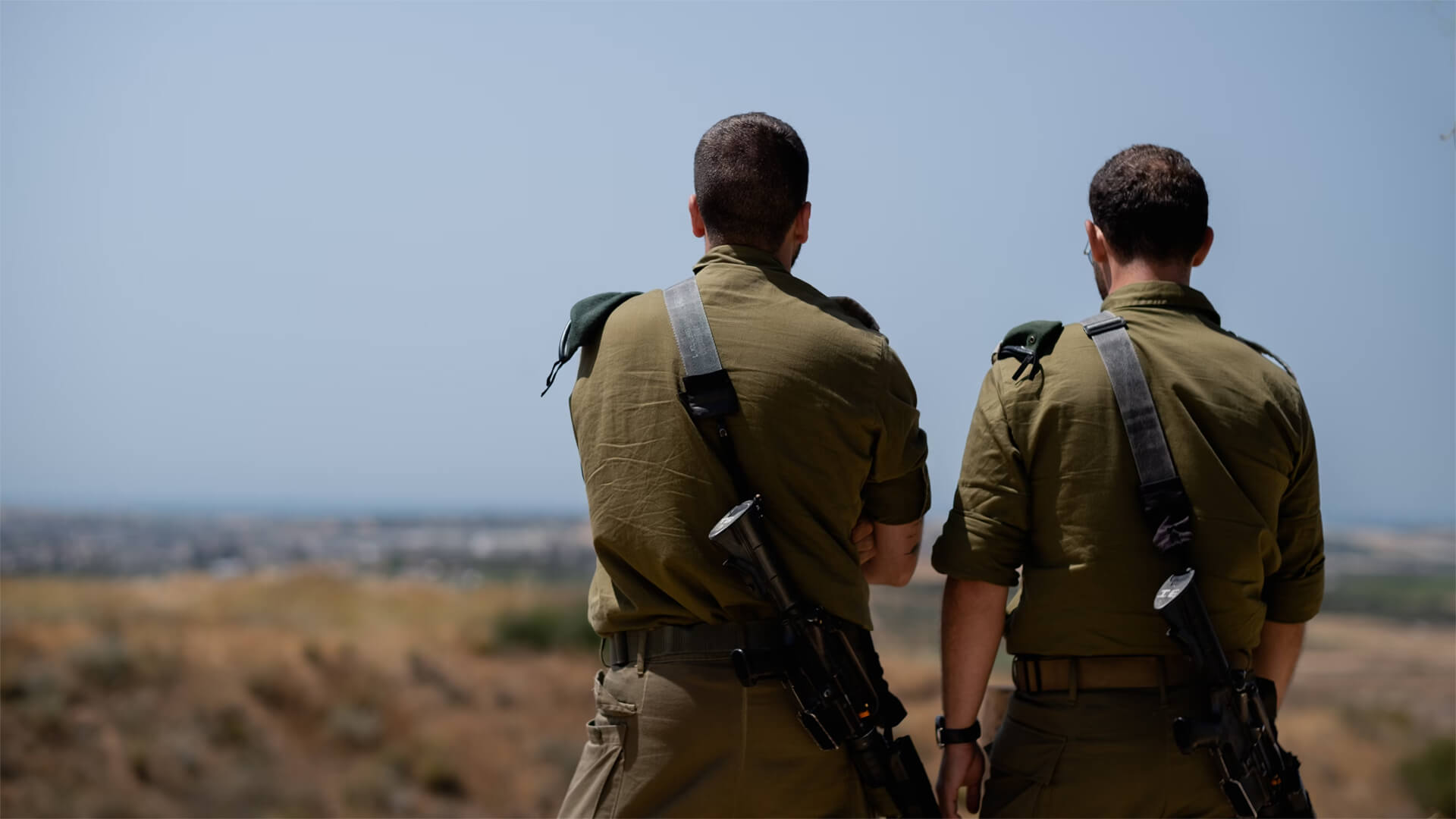Over the weekend, the US launched a major airstrike on Iran, targeting critical nuclear sites. We don’t know the extent of the damage as of yet.
While the US strike will cause setbacks in Iran’s nuclear program, it didn’t destroy everything. So, we’ll have to wait and see if Iran rebuilds or escalates through other avenues.
Transcript
Hey, all. Peter Zeihan here comes to you from Colorado. This video is a little late getting to you, because I was hoping we were to get some more information on what happened when the United States dropped some bunker buster bombs on Iran over the weekend, but it does not seem like anything has clarified. So I’ll give you an idea of what’s happened and now what we’re waiting for.
So, number one, United States dropped a couple dozen major bombs on the Iranian nuclear facilities, specifically a place called Fordo, which is basically under a mountain, Natanz, which is where they do a lot of their centrifuge work to enrich uranium. Some of which of the facilities are heavily reinforced and underground and is from, which is a facility where they do most of the machining and the physical construction.
The first two sites got hit with by bunker busters, most notably Fordo, where as it’s from was primarily hit by Tomahawk cruise missiles launched from submarines in the Persian Gulf. We do not have damage assessments from any of these places, which is part of the reason that I was kind of waiting. And we’re probably not going to get anytime soon.
Donald Trump has said, of course, at every facility, the United States has been blown up and to smithereens, and there’s no danger whatsoever. The Joint Chiefs are like, no, we really don’t know. And until somebody does an inspection, there’s no way to know. The truth, obviously, is closer to the, the general position than Trump’s. But what’s new there?
Iran doesn’t have a conventional military. They can’t reach out and touch someone with tanks and planes in the way that you might expect a country of 80 million people to do, their military is designed to occupy their own populations.
It’s a civil patrol force. They have normally reached out to touch people through sectarian groups that get hopped up on weapons and drugs and basically send out to cause carnage, groups like Hezbollah, for example. But groups like Hezbollah have basically been neutered. The Gazans are in no shape to do anything. And even if they were, you know, Americans are no, we’re close to them.
And the U.S. military footprint in the region is down to less than a quarter of what it was at its peak and continues to trend down. So the the more normal military option is really off the table and they’re more normal paramilitary operation is off the table. And that just leaves things like terror attacks, for example, dirty bombs, which might work, but they take time to put together and time to ship in into place and they can be intercepted.
And so it could be a big splash, but then it would be an attack on, say, the United States, which United States would definitely respond with something more than some bunker busters. Okay. What do we know? Or what are we waiting for? The bunker busters, the GBU 57. I think that’s the acronym. Anyway, this is the first time the United States has ever used them against an actual target as opposed to testing.
And we dropped 20 for the suckers. These are the 30,000 pound bombs. If anything can blow up a place like Fordo, it’s probably these guys. But again, it’s the first time we’ve ever used them. We don’t know. So in many ways, this is a test case for the United States, as well as a question for Iranian actions.
And what everyone oh my God, what everyone wants to talk about is whether this is going to make it more likely be a deal or less likely. Folks, there is never going to be a deal. Iran has never signed and implemented a security deal with anyone. In fact, the only thing that even comes close is the 1987 ceasefire in the Iran-Iraq War, which was never turned into a peace agreement.
They haven’t signed a deal with Iraq or with Turkey or with Pakistan or with anyone. We’ve got some cooperation, deals on economics and say nuclear sharing with the Russians and the Chinese, and that’s about it. So if you’re obsessed with a deal on oil or technology or security, you just waste your time obsessing about something else. This is not how Persian society works.
I would love to be wrong, but I’ve been right since 1979, when I was five. Oh my God. Oh. Anyway, so this is what a holding pattern in the Middle East looks like. People throw weapons at one another, things explode. But we’re waiting for someone to fundamentally change the nature of the relationship. And I just don’t see that happening on the Iranian side anytime soon.
Oh, one more thing. The Israelis have proven that while they can take out, Iran’s air defense, and while they can’t operate with impunity above Iranian skies, they lack the deep strike capability that is necessary to take out something like the Iranian nuclear program. Now. So now it’s an open question whether the United States lacks that capacity, and not just because of the size of the bombs.
The Iranians have been preparing in some form, for this sort of attack for decades, and that means that while these are the three most important sites that the Iranians have, they have dozens of others now, collectively, they’re not as important as these three. So while this undoubtedly has set setback, that it because the program quite a bit it’s certainly not over.
And the question now is whether the Iranians try to spin the paramilitary forces back up, spin their nuclear system back up, or try something new. We’re not going to learn that in the next two days.










